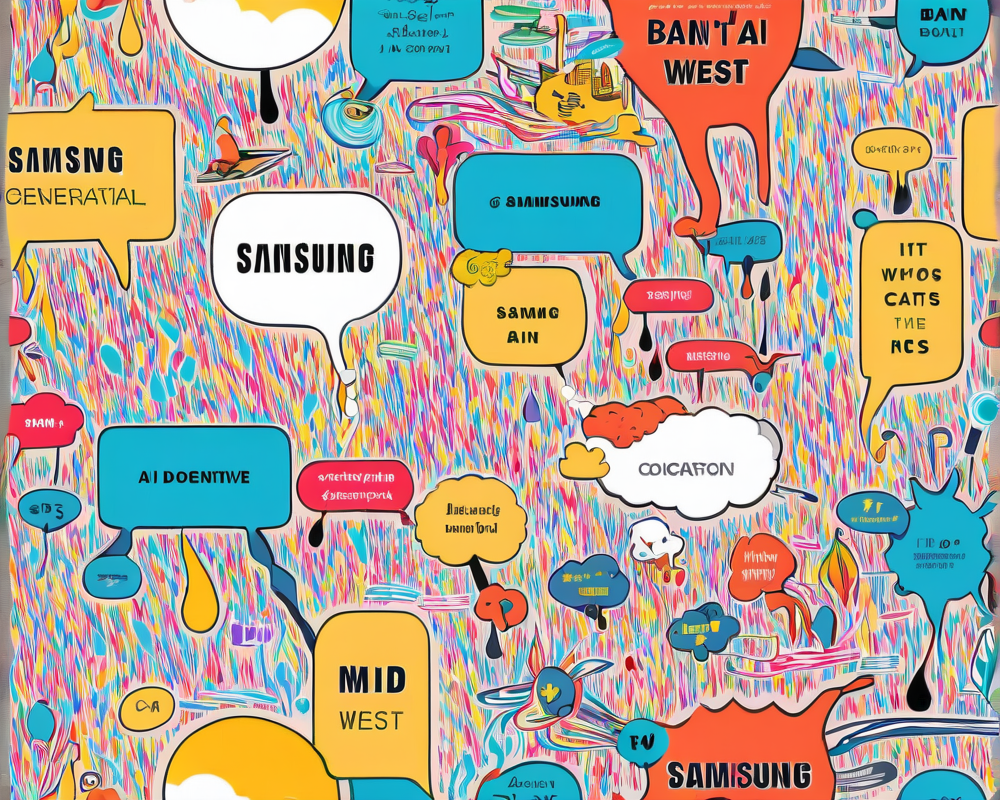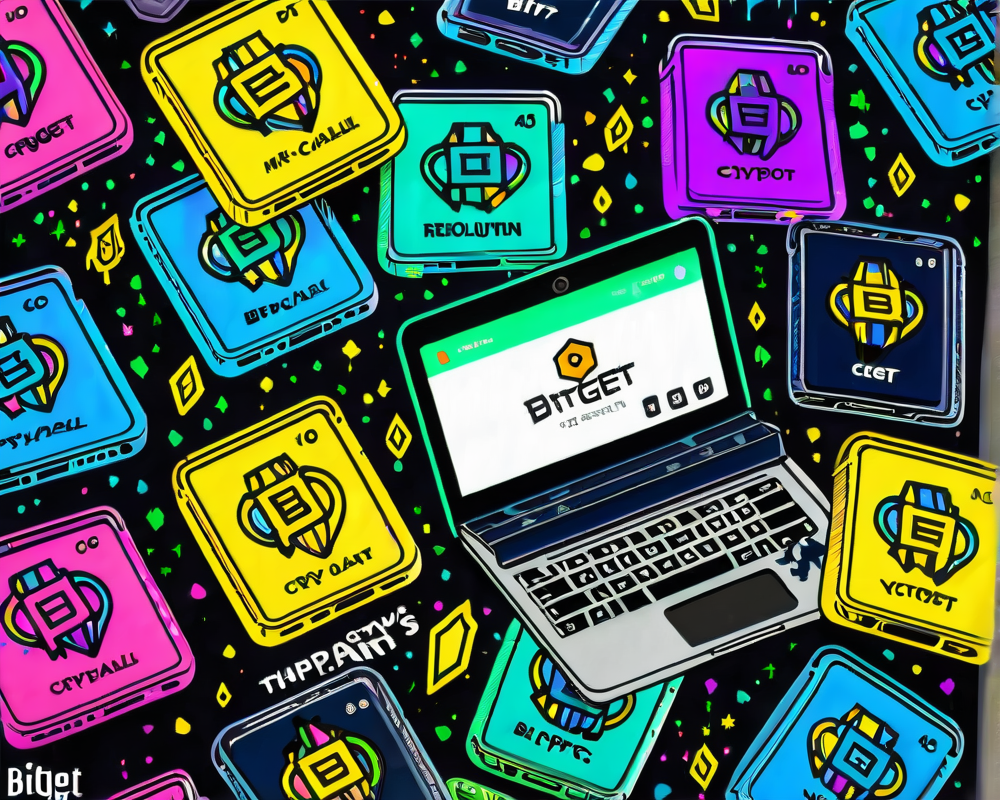Samsung Responds to AI Security Concerns
In an unexpected twist in the world of tech, Samsung has joined the growing list of companies wary of generative AI tools like ChatGPT. According to a Bloomberg report from May 2, Samsung intends to implement a ban on these innovative yet potentially perilous AI applications. This decision wasn’t made lightly; it followed an incident where an employee accidentally uploaded sensitive code to an AI platform, underscoring the weighty security risks that these tools bring.
A Shift in Corporate Policy
In an internal memo, Samsung made it crystal clear: their heightened interest in using generative AI coincides with an increase in security risks. With growing apprehension over unauthorized data sent to these platforms, there’s an echoing reminder that once information is in the cloud, retrieving or erasing it might be akin to finding a needle in a haystack.
The memo also outlined that until robust security measures are established, the company would “temporarily restrict the use of generative AI.” This restrictions extend to all company devices—yes, that means your shiny new Samsung tablet, phone, or even that archaic laptop—but it doesn’t end there!
The Serious Consequences
Samsung clearly stated that employees must refrain from using generative AI tools on personal devices for any company-related tasks. Violating this policy could lead to disciplinary actions, which might include termination. Imagine getting fired not for lack of productivity but for being too tech-savvy!
A Company-Wide Survey: Security Risks Acknowledged
In April, Samsung conducted a survey regarding generative AI tools and found that a considerable 65% of employees viewed these technologies as security risks. Apparently, the apprehension is widespread among staff, which isn’t surprising considering the shift in focus from productivity to data protection.
The Bigger Picture: Industry Trends
Samsung isn’t alone in its caution. High-flying companies like JPMorgan and Goldman Sachs have similarly raised their eyebrows at generative AI, restricting access to the tools under the pretext of protecting sensitive information. Ironically, while banning these tools, many of these corporations are simultaneously developing their own AI capabilities. JPMorgan, for instance, is not just sitting on the sidelines; they’ve crafted a ChatGPT-based tool that deciphers trading signals from Federal Reserve statements. Talk about playing both sides!
Conclusion: The Future of AI in Corporations
As Samsung and other tech giants figure out how to navigate this new digital landscape, one thing is clear: generative AI is here to stay, but how companies manage its integration will dictate the security narrative moving forward. It seems like we’re stuck in a corporate game of cat and mouse: harnessing the power of AI while being ever-cautious about its implications.




